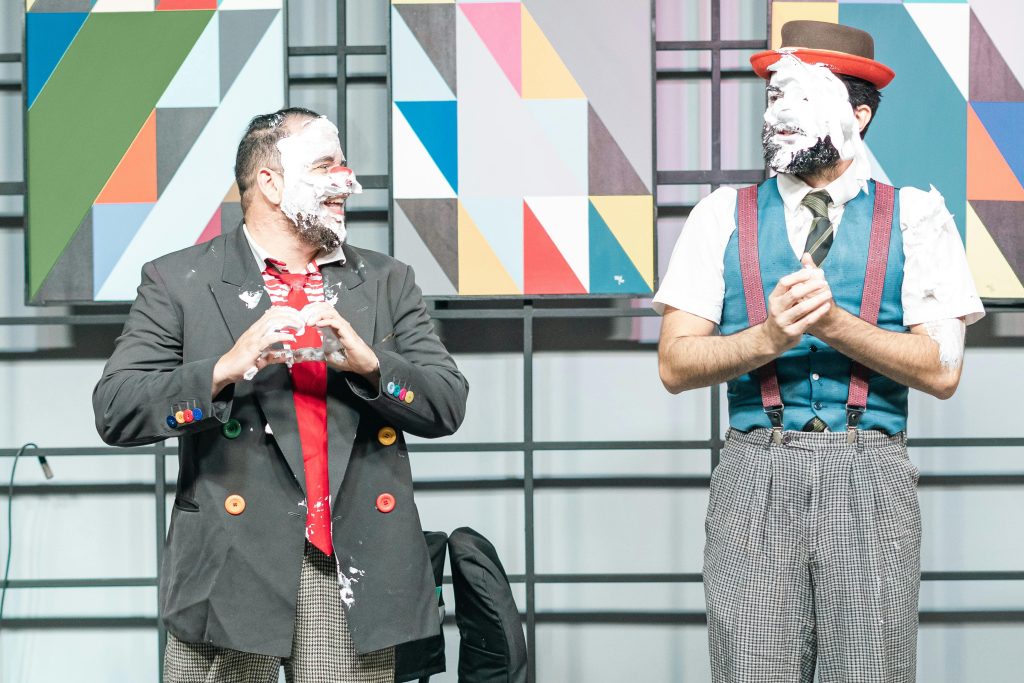Public speaking is not just a skill—it’s a necessity. Whether you’re pitching ideas at work, giving a toast at a wedding, or inspiring a team, your ability to communicate confidently can set you apart as a leader. Yet too many people shy away from the podium, letting fear and inexperience hold them back. That stops now. If you want to lead, you must speak. Here’s how to face the fear, master the craft, and take control of your narrative.
Understand That Fear is a Liar—Don’t Let It Win
Fear doesn’t need facts to hold you hostage. The sweaty palms, the racing heart, the knot in your stomach—it’s your body reacting to perceived danger. But guess what? Speaking to a crowd won’t kill you. Fear is lying to you.

Understand this: Most people in the audience want you to succeed. They’re not waiting for you to fail—they’re rooting for you. Remind yourself of this before stepping on stage. Fear may not disappear overnight, but every time you speak, you chip away at its power. So start seeing fear for what it is: an outdated alarm system you can override.
Stop Talking About Preparation—Actually Prepare
Preparation isn’t glamorous, but it’s the bedrock of confident speaking. The more you prepare, the less you’ll depend on luck or adrenaline. Here’s how to do it right:
- Know Your Material: Stop memorizing scripts. Instead, learn the key points. Speak from a place of understanding rather than recitation.
- Practice, but Practically: Stand up, speak out loud, and rehearse as if it’s the real thing. Record yourself, watch it back, and adjust. This is where the breakthroughs happen.
- Anticipate Questions: Being prepared for interruptions or challenges can turn potential fears into confidence boosters.
Procrastinators: This is for you. Preparation isn’t optional; it’s non-negotiable.
Join Toastmasters—Your Shortcut to Mastery

If you’re serious about conquering public speaking, stop looking for secret hacks and sign up for Toastmasters today. This organization has been transforming shy mumblers into powerful speakers for decades. Why does it work?
- Structured Practice: Toastmasters meetings provide a safe, encouraging space to speak regularly.
- Real Feedback: Members don’t just clap—they tell you what worked and what didn’t, so you improve quickly.
- Proven Results: Look at the testimonials. Great leaders, successful entrepreneurs, and charismatic speakers often credit Toastmasters for their transformation.
It’s not easy to walk into that first meeting, but that’s exactly why you should. Your future self will thank you.
Own the Stage Like You Were Born for It
Body language speaks before you do. Slouching, fidgeting, or avoiding eye contact undermines your message. Own the stage with these strategies:
- Stand Tall: Good posture signals confidence even if you’re nervous. Plant your feet, relax your shoulders, and breathe deeply.
- Use Your Hands: Natural gestures emphasize your points. Keep them controlled but expressive—no robotic waving.
- Command Eye Contact: Don’t stare at the floor or hide behind slides. Speak to people, not at them.
Remember: The stage is your domain. Treat it like one, and the audience will follow your lead.
Embrace the Awkward—It’s Part of the Process
You’re going to mess up. You’ll stumble over a word or lose your place. That’s not failure; it’s practice. The greatest speakers weren’t born flawless—they were born determined.
- Laugh It Off: If something goes wrong, acknowledge it with humor or humility. Audiences connect with authenticity, not perfection.
- Learn From It: Analyze what went wrong and why. Did you skip a practice session? Forget a point? Great—now you know what to fix.
- Keep Showing Up: Confidence grows with exposure. The more you speak, the easier it becomes.
Stop fearing mistakes and start treating them as milestones.

Lead With Words—Because Leadership Demands It
Leaders who can’t communicate their vision are leaders who fail. Whether you’re managing a team or inspiring a movement, public speaking is your most powerful tool.
Think of historical figures who changed the world: Martin Luther King Jr., Winston Churchill, Malala Yousafzai. Their words moved nations. Their speeches shaped history. What’s stopping you from stepping into that potential?
Make no mistake: Speaking isn’t optional for leadership. If you want to influence others, you must master this skill.
Conclusion: Confidence is Built, Not Bestowed
Confidence in public speaking doesn’t magically appear one day. It’s built brick by brick, through preparation, practice, and persistence. It’s built when you step into a Toastmasters meeting instead of making excuses. It’s built when you own your mistakes instead of running from them.
So stop waiting for confidence to arrive. Start building it now. Stand up, speak out, and discover that the voice shaking in fear today can become the voice of a leader tomorrow.







